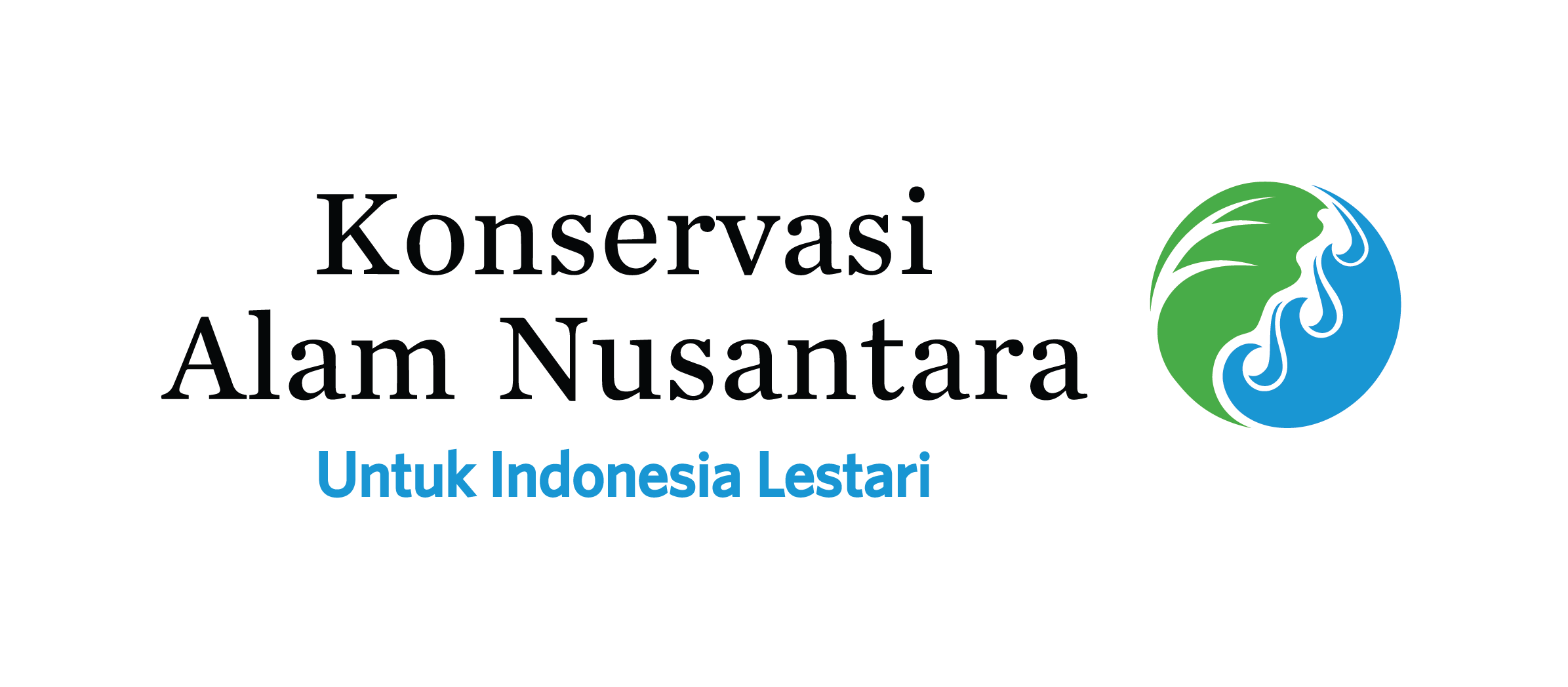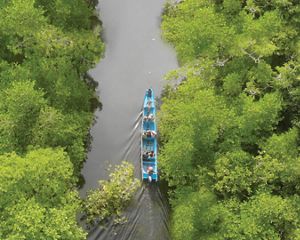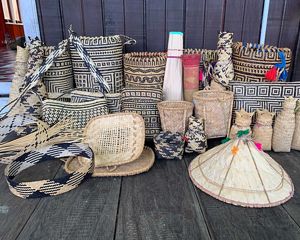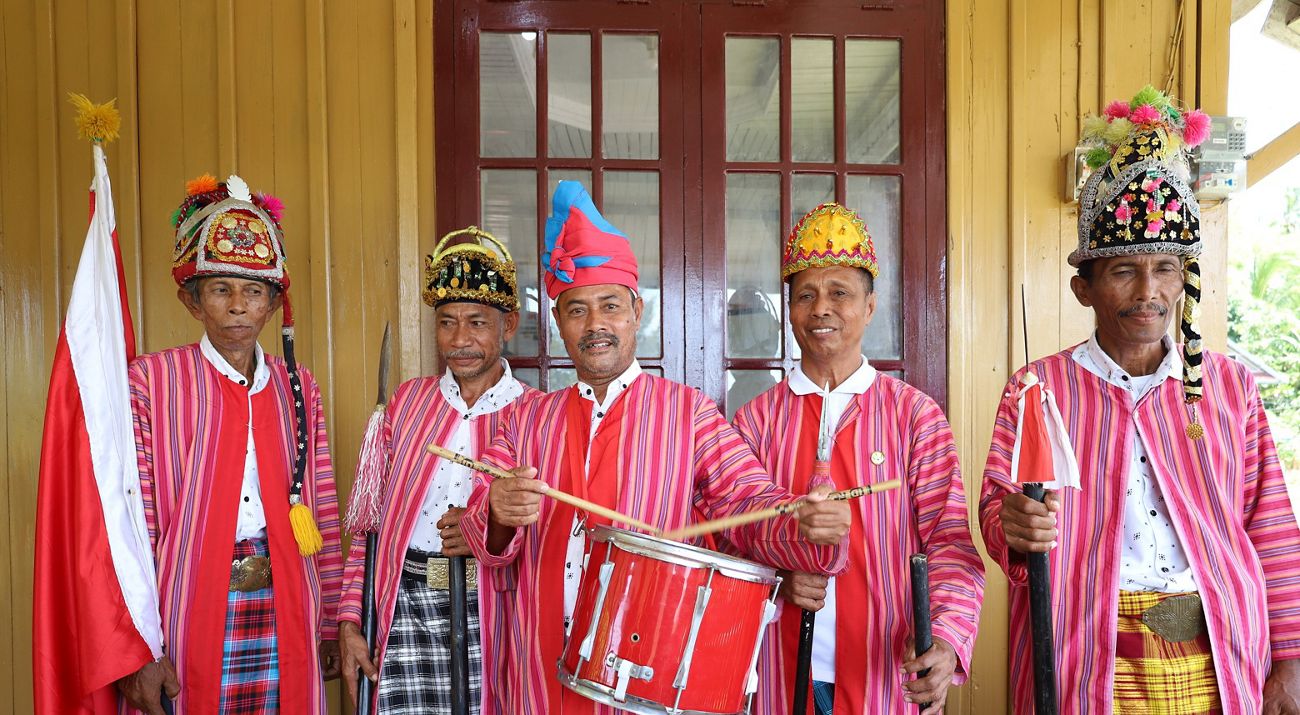
Human life is highly dependent on nature. Humans need nature to fulfill their basic needs. With the threat of global climate change and an increasing population, natural resources are increasingly critical to maintain. The active role of society in maintaining and protecting nature, while creating an environmentally friendly lifestyle, is important in this century.
Read: Finding the Role of High Conservation Value Areas(HCVAs) in Sustainable Plantations
Yayasan Konservasi Alam Nusantara (YKAN), with partners, encourages community involvement in conservation programs implemented in Indonesia. Coastal communities and those living around forests are invited to take real action to preserve their natural resources and use them more wisely and sustainably.
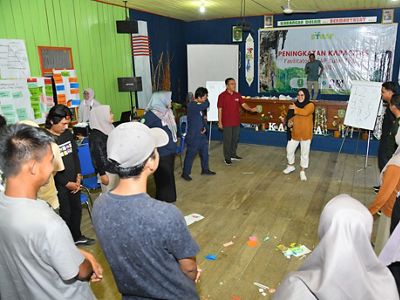
Through the Community Inspiring Actions for Change (SIGAP) approach, YKAN has assisted communities in several locations that are committed to the sustainability of their natural resources. SIGAP is an approach to community involvement in efforts to protect and save natural resources, emphasizing a potential-based approach owned by the village. The goals of SIGAP are to strengthen village governance, ensure access rights and sustainable resource management, and develop sustainable livelihood strategies.
Since 2019, YKAN has supported the Berau Regency Government together with the Darma Bhakti Berau Coal Foundation and UGM in implementing the SIGAP SEJAHTERA Program. This program adopts the SIGAP approach developed by YKAN to empower communities by utilizing the potential of the village. The SIGAP approach was then replicated in 18 villages in the Kayan Landscape, Bulungan Regency, North Kalimantan Province. The villages have been assisted in managing village information systems and sub-district information systems. In East Kutai Regency, East Kalimantan, five villages have developed land-use planning documents, with SIGAP facilitation, while five residents completed SIGAP training.

Through the SIGAP approach in 2024, 11 community-based ecotourism groups in Wakatobi Regency, Berau Regency, and Southwest Papua Province strengthened their organizational management and tour guiding skills. They have also developed ecotourism packages showcasing natural attractions and local traditions. 38 business groups processed fishery products into high-value items such as fish chips, seaweed chips, and shredded fish. Based in 14 villages in Wakatobi, Berau, Southwest Papua, and the Savu Sea Marine National Park (MNP), the groups sell the products in village and regency markets.
This joint nature conservation effort with the community requires commitment from various stakeholders, including support from the local government. The opportunity to issue regional policies that support community-based conservation programs is an inseparable part of this initiative.
